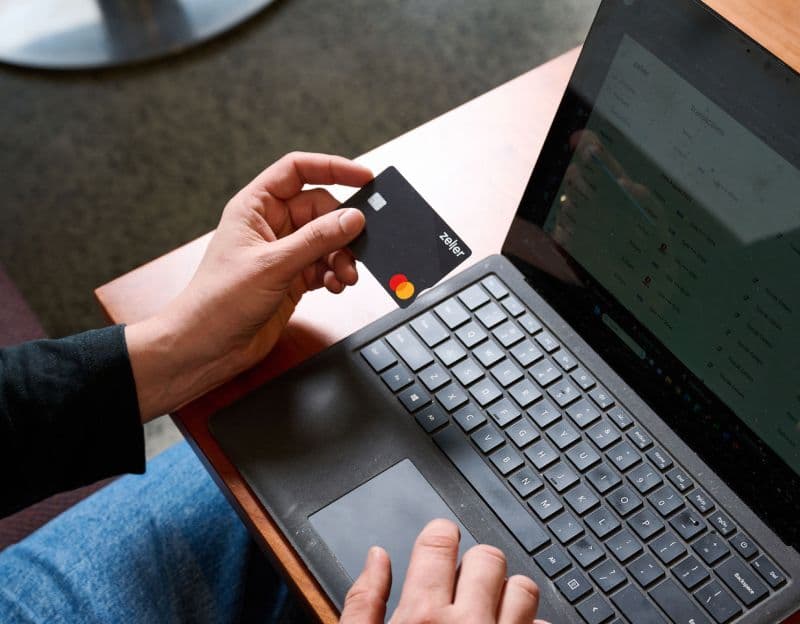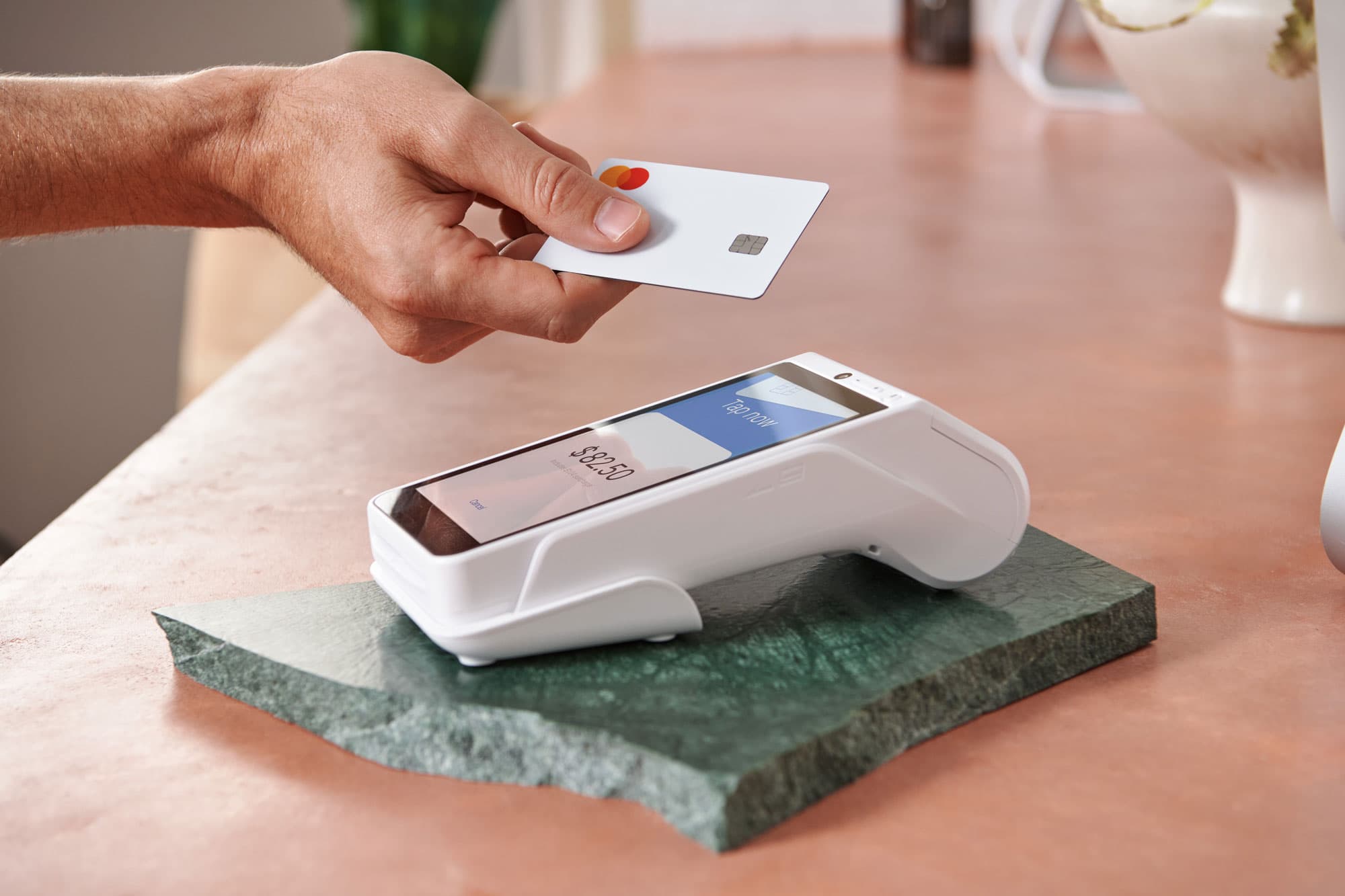
- Business Growth & Optimisation
Tips for Safely Reopening Your Business After a Lockdown
Ease back into business safely, smoothly and successfully.
Eighteen months after COVID-19 first reached Australian shores, the impact the pandemic has had on local businesses cannot be understated. Recurring and unpredictable lockdowns pose a significant issue for every merchant whose product or service offering relies on face-to-face interaction.
The culmination of every lockdown comes with an unwelcome wave of uncertainty. Business owners are often faced with questions such as, have I lost regular customers? How much stock should I order? How many staff should I have working at any one time? How do I keep them safe, happy and motivated?
Through multiple lockdowns, it’s become clear that forward-planning is key to locking down and opening up safely so you can get back to business as quickly as possible. Here are six actions merchants can take to safely open their doors, when a lockdown ends.
1. Protect your customers
One of the best things you can do for your business is to make it a safe and hygienic space for staff and customers alike. For hospitality merchants, this is especially important. Zeller research found diners care more about the COVID-safety policies and procedures in place at a venue more than the price of a meal, or the restaurant's location.
To do this, ensure you’re up to date on your local, state, and federal guidelines around capacity limits, masks, and checking in. You may even choose to employ an extra layer of protection by ensuring social distancing at your premises and requiring masks for entry (if this isn’t already a mandated guideline).
This could involve rearranging your physical spaces, including creating one-way traffic zones, establishing check-in points, removing furniture, and spacing the remaining items six feet apart. If you haven’t already, it could also be worth installing protective plastic guards to minimise contact between workers and patrons. Many businesses are simply sliding their EFTPOS machine under the glass, to allow for transactions to take place.
If in doubt, always check the current guidelines as they can change rapidly. Every business owner has a responsibility to ensure the safety of customers. The consequences of not doing so, both health and financial, can be extremely costly.
2. Rethink ‘business as usual’ cleaning practices
Particularly with the contagious nature of the Delta variant, it’s extremely important that all of your physical spaces are regularly (and rigorously) cleaned. Ensure close attention is paid to high-touch areas such as the staff room, countertop, bathrooms, doors and any items that may have been interacted with throughout the day.
This is a priceless preventative strategy that will not only instill a sense of safety, but ensure the consequences of high-risk encounters are effectively minimised.
3. Implement regular wellness checks
Because the symptoms of COVID-19 largely mirror the common cold or flu, it’s essential that no staff come to work sick, however minor the symptoms.
Prior to the pandemic, it was not uncommon for workers to assume that only severe injury or sickness could justify missing a day's work. For this reason, it must be emphasised that even the most minor symptoms are to be treated as a potential COVID-19 infection, which means isolating, monitoring symptoms and getting tested. To ensure your staff feel comfortable missing work, it’s worth reassessing the flexibility of your sick leave policy.
Give employees the opportunity to work remotely if possible, communicate that their position is secure regardless of sick days, and emphasise that workers should stay home if they are feeling at all unwell.
4. Keep the lines of communication open
The tumultuous nature of lockdowns means it’s not only important to keep your clientele updated on ever-changing opening hours, but also on the services you offer, and exactly what you’re doing to keep your employees and customers healthy and safe.
For example, if you run a café or restaurant that now offers contactless delivery or pickup, or a gym owner that now hosts strength classes online via Zoom, let your customers know. This is also your opportunity to strengthen your business's ties to the community. Emphasise what customers' ongoing support means for your business, and educate them on what breaching guidelines could cost you.
Remember to remain consistent with your communication platforms. Whether it’s Facebook, email or website updates, it’s important to ensure your customers know where to go when looking for updates. This includes keeping your Google My Business profile up to date with operating hours, menus and services.
5. Consider keeping additional offerings
An agile mindset has enabled many merchants to pivot their offering and keep revenue coming into their business — albeit in new ways; fine dining has become finish-at-home meals, while personal trainers have become video coaches.
If you pivoted to offer new products or services during lockdown – new delivery options, phone orders, product combinations, or business collaborations – consider hanging on to them as you re-open again, particularly as many people may still be working from home and weeks away from getting back to their usual routine. It can also give you a second stream of income to rely on while your ‘brick and mortar’ revenue recovers.
This is also a good opportunity to encourage your customers to continue using contactless services that keep them and your staff safer while the threat of future lockdowns loom.
6. Rethink your standard processes in the long term
Unfortunately, small businesses will be feeling the impacts of COVID-19 for the foreseeable future. The good news is that adapting quickly and cleverly can help you persevere during tough times.
If you haven’t already, look at your business with a long-term lens and make adjustments that will keep your staff, customers and income protected from the pandemic in the long run. This means investing more in virtual, pickup and delivery services to ensure lockdowns have minimal impact on operations (this includes contactless EFTPOS machines like the Zeller Terminal). In the same vein, you should also invest more in your digital presence to ensure your audiences and clientele are kept informed and potential customers are presented with a strong first impression.
In addition to business services, consider how expanding or changing your product offering could help you fare better in the future. For example, if you run a boutique wine store that has been offering a fortnightly subscription service during lockdown, you could make it a fixture so that customers can make your offering a permanent fixture in their new normal.
Suffice to say, we’ve seen enough lockdowns as a nation now to appreciate that restrictions have become a regular part of life, both commercial and otherwise. And while they can be extremely disruptive, we’ve seen some incredible pivots as a result, proving that Australian small businesses are a resilient, supportive and hardworking bunch.
Once you've considered the above and applied what's relevant to your business, you'll be in a better position to efficiently reopening your business out of lockdown. Sign up to our Business Blog to cash in on valuable insights sent straight to your inbox.


